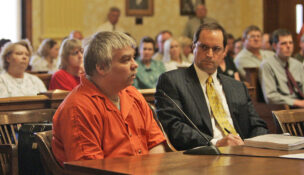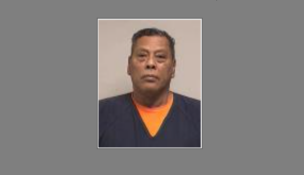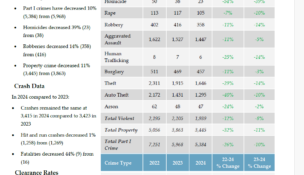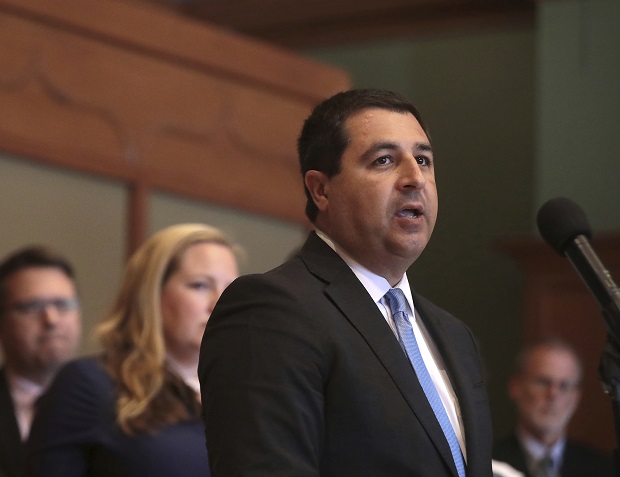Issue Preclusion Case Analysis
By: dmc-admin//May 14, 2003//
Unfortunately, in the wake of this decision, motorists who are involved in automobile accidents and receive municipal citations will be wise to plead no contest rather than fight the citation, regardless of how much they feel they may be in the right.
Even if the first four Crozier factors weigh in favor of invoking the doctrine of issue preclusion in this particular case, that invocation is so arbitrary that it would have been far better for the court to hold that, as a matter of public policy, municipal traffic violations are insufficient to support application of the doctrine.
The fundamental reality is that, unless one’s driver’s license is at stake, it is far more trouble than it is worth to litigate a municipal traffic ticket through the municipal court, pay the jury fee if unsuccessful, and then try the case again in circuit court.
The fifth Crozier factor is whether matters of public policy and individual circumstances are involved that would render the application of collateral estoppel to be fundamentally unfair, including inadequate opportunity or incentive to obtain a full and fair adjudication in the initial action.
A municipal traffic prosecution is the epitome of an action in which incentive to obtain a full adjudication is absent. A law professor asking his civil procedure class to name a type of action that carries so little incentive to fight that they it be barred by the fifth Crozier factor would expect every student to answer, “a municipal traffic ticket.”
Here, the decision was made to withdraw the jury demand after counsel was obtained. Presumably, counsel advised Masko how many hundreds of dollars she would have to pay in attorney’s fees to fight the penny-ante ticket, and advised her that any testimony she gave could be used against her at the civil trial.
Presumably, counsel advised her that pursuing the appeal was folly. Prior to this decision, it would have been reasonable advice to tell a client she had a better chance of being struck by lightning on the courthouse steps than that issue preclusion would be used with a municipal traffic citation. There is not a single Wisconsin case, published or unpublished, in which such a conviction formed the basis for issue preclusion.
The decision in this case stands in stark contrast with Crozier, in which the defendant argued a lack of incentive in the criminal prosecution against him, to which the Supreme Court responded, “we find it difficult to understand how Crozier could have been any more motivated to fully and vigorously litigate the initial determination when confronting the possibility of incarceration for second degree sexual assault.” Michelle T. v. Crozier, 173 Wis.2d 681, 696, 495 N.W.2d 327, 334 (1993).
Needless to say, it is patently impossible to paraphrase this sentence to fit Masko’s situation — confronting the possibility of a ticket costing a couple hundred dollars at most — without sounding ludicrous.
Admittedly, in Crozier, the court stated that, in considering the incentive, “the analysis should be made on a case-by-case basis with the court looking at the actions taken to defend the case and not at the potential penalties.” Crozier, 495 N.W.2d at 331. And, as the court noted, Masko vigorously contested the action in the municipal court.
However, two nonactions taken in defending the case amply demonstrate the absence of incentive — not hiring counsel for the trial, and not pursuing the appeal in the circuit court.
The court concluded it would not serve the public interest to allow relitigation merely because the party appeared pro se in the first trial. While that may be true, it is irrelevant; the action of not retaining counsel demonstrates the lack of incentive to fully contest the first action.
| |
||
| |
||
In addition, she did not continue the appeal to the circuit court. This also de
monstrates the absence of any real incentive to fight the prosecution.
Instead of interpreting that as a telling indicia of Masko’s lack of incentive, however, the court instead turned that action on its head by using it as an indicia that Masko had ample opportunity to fight the charge.
The opportunity to fight the conviction does weigh in favor of invoking issue preclusion. However, opportunity must be distinguished from incentive, and the withdrawal of the appeal shows how little incentive there was to fight the conviction.
In the future, plaintiffs’ attorneys would be wise to instruct their clients in Masko’s position not to fight their traffic tickets.
– David Ziemer
Click here for Main Story.
David Ziemer can be reached by email.
Legal News
- Steven Avery prosecutor Ken Kratz admits ‘mistakes were made’
- Colombian national extradited to Milwaukee faces International narcotics-trafficking conspiracy charge
- MPD: Milwaukee homicides down nearly 40 percent compared to last year
- EVERS: Republican lawmakers No-Show at special meeting to release statewide PFAS funding, stabilize healthcare access
- Wisconsin ICAC Task Force conference on Missing and Exploited Children highlights increase in sextortion cases
- More than 300 Wisconsin officers back in law enforcement after being fired or forced out
- Former Trump staffer who said to ‘fan the flame’ after 2020 loss hired to lead Wisconsin GOP
- Gov. Evers appoints David Casey to Serve as DOR Secretary
- Former Marine sentenced for Molotov Cocktail attack against Planned Parenthood Clinic
- ABA names 34th Annual Margaret Brent Women Lawyers of Achievement Awards honorees
- FBI launches criminal investigation into Key Bridge collapse
- Man charged in slaying after woman’s leg found at Milwaukee-area park
WLJ People
- Power 30 Personal Injury Attorneys – Russell Nicolet
- Power 30 Personal Injury Attorneys – Benjamin Nicolet
- Power 30 Personal Injury Attorneys – Dustin T. Woehl
- Power 30 Personal Injury Attorneys – Katherine Metzger
- Power 30 Personal Injury Attorneys – Joseph Ryan
- Power 30 Personal Injury Attorneys – James M. Ryan
- Power 30 Personal Injury Attorneys – Dana Wachs
- Power 30 Personal Injury Attorneys – Mark L. Thomsen
- Power 30 Personal Injury Attorneys – Matthew Lein
- Power 30 Personal Injury Attorneys – Jeffrey A. Pitman
- Power 30 Personal Injury Attorneys – William Pemberton
- Power 30 Personal Injury Attorneys – Howard S. Sicula











